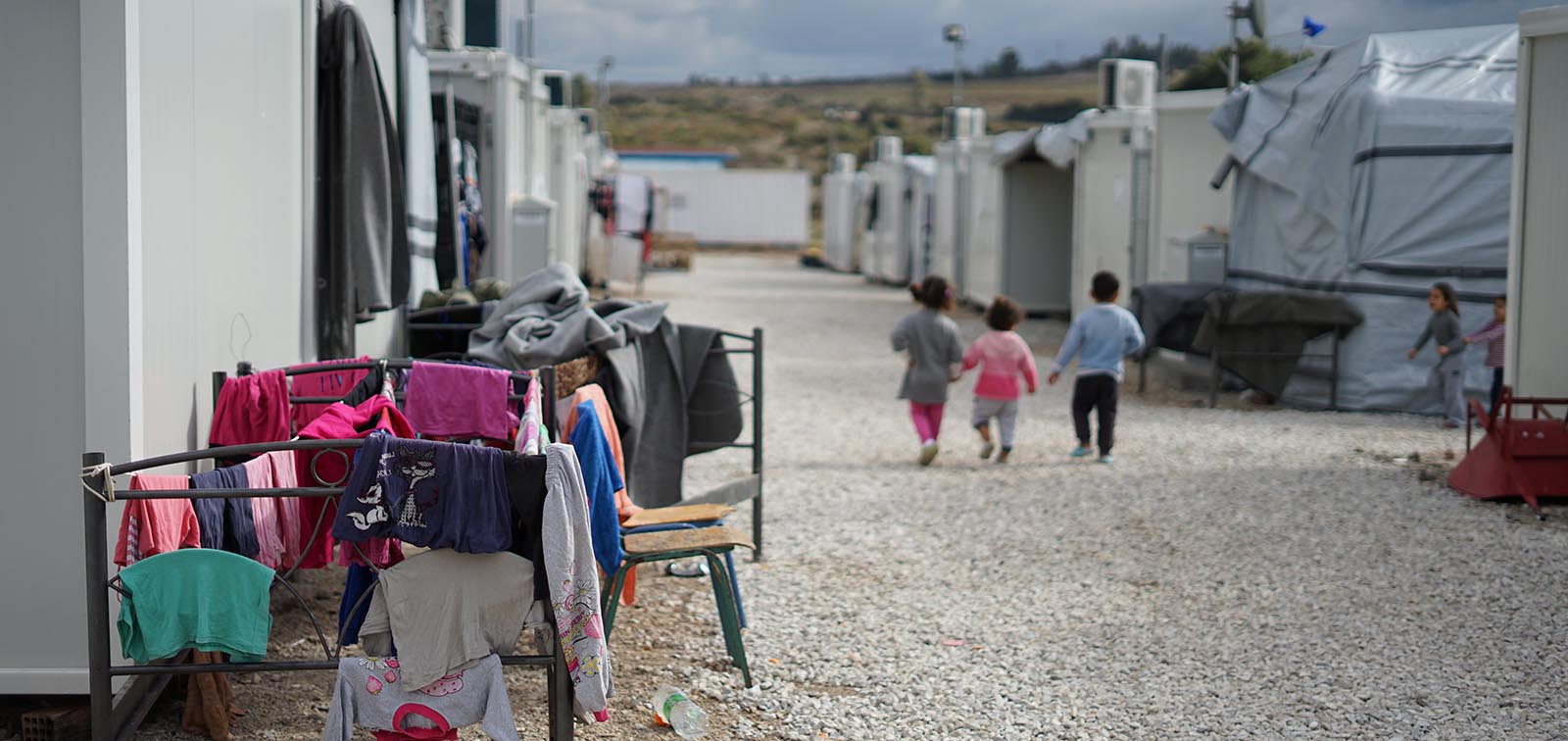An Electronic Registry System to Improve the Health of the Migrant Population
A study analyses the health status of the migrant population that reached Europe between 2016 and 2019 and shows the usefulness of an electronic data registration system to identify and address the health needs of this vulnerable population
30.03.2022
The electronic personal health record is a valuable tool to collect data related to the health of migrant populations and better address their needs. These are the conclusions of a study led by ISGlobal, a centre supported by "la Caixa" Foundation, in collaboration with the International Organization for Migration (IOM), which provides a snapshot of the health status of the migrants and refugees who arrived in southern Europe between 2016 and 2019.
Migration is a complex and growing phenomenon worldwide, influenced by geographical, socioeconomic and political factors. More than 120,000 people migrated to Europe in 2019, mainly from African and Asian countries, and between 2015 and 2019 the main migration route was the eastern Mediterranean, due to the large number of refugees from the civil war in Syria.
Already in 2016, the United Nations stressed the need to address the health needs of migrant and refugee populations by providing care in arrival, transit and destination countries. "But to address their needs we first need to know what they are, and for that we need data that are reliable, complete and comparable," says Ana Requena, head of the Health and Migration research group at ISGlobal.
With this goal in mind, the International Organization for Migration (IOM) developed an electronic personal health record (ePHR) and implemented it in eight southern European countries (Bulgaria, Croatia, Cyprus, Greece, Italy, Romania, Slovenia, and Greece). The registry allows to collect data on persons newly arrived to reception centres and who seek or need medical care.
In this study, Requena and colleagues from London and IOM used the ePHR to make a diagnosis of the health status of migrants and refugees attended at clinics in reception centres in six of the eight countries mentioned above, between January 2016 and October 2019. They analysed data collected from a total of 14,436 individuals of 92 different nationalities. 75% of them were refugees and more than half came from South Asia (Afghanistan, Pakistan or Syria).
The results describe a young and mostly healthy population with many acute respiratory or skin infections in children, and HIV or tuberculosis in the adult population. There was also a smaller but considerable burden of chronic conditions, such as diabetes mellitus, and to a lesser extent, physical injuries and mental health problems.
"This study provides a snapshot of the health status of the migrant – and highly vulnerable- population that arrived in southern Europe between 2016 and 2019," says Requena. It also shows that the electronic record is a very useful tool to collect data effectively in reception centres which are often not well-equipped, say the authors. In addition, the use of the electronic registry in mobile populations allows to transfer medical information to other centres or countries, and thus avoid duplicating tests or interventions in that population.
"Unfortunately, the current Ukrainian refugee situation shows us that ensuring the health of refugee or migrant populations is a constant challenge," concludes Requena.
Currently, the ISGlobal researcher is implementing a digital tool, the Migrant Health Country Profile tool, to facilitate the monitoring of key health indicators of the migrant population in six North African countries (Algeria, Egypt, Libya, Morocco, Sudan, Tunisia) and Yemen. This project, funded by the "la Caixa" Foundation under the Mobility-Global Medicine and Health Research 2020 program, has a duration of three years.
Reference
Dominik Zenner, Ana Requena Méndez, Steffen Schillinger, Elena Val, Kolitha Wickramage. Health and illness in migrants and refugees arriving in Europe: analysis of the electronic personal health record system. Journal of Travel Medicine. 2022.
doi.org/10.1093/jtm/taac035
The Migration Health Research Podcast is a feature of the Migration Health Research Bulletin, presenting interviews with International Organization for Migration (IOM) authors/contributors on publications featured in the issue.










